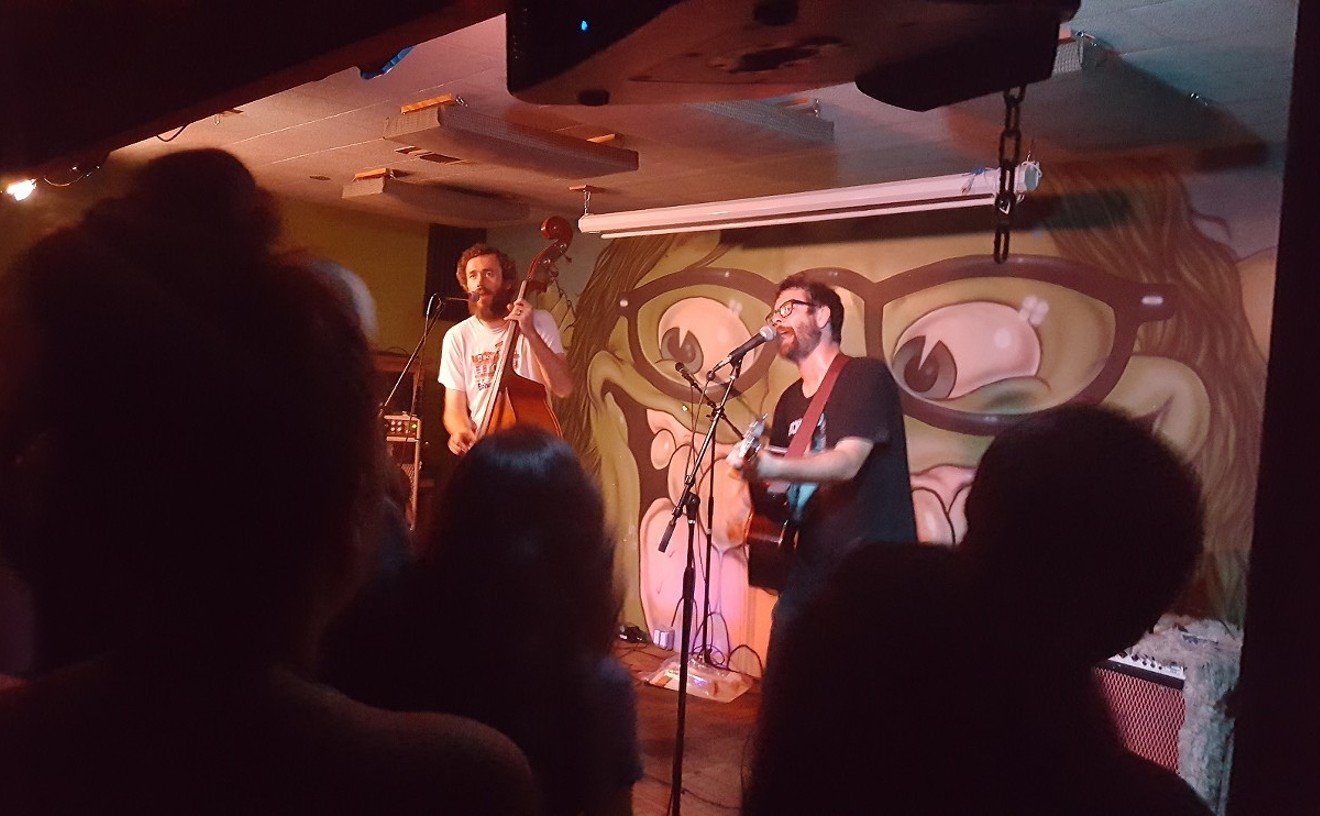Collodi's narrative is admittedly a challenge: Initially serialized in a children's magazine, the story is extremely episodic, full of minor characters who are generally amalgamated in filmic adaptations, and starring a cast mostly consisting of animate puppets and giant talking animals, often wearing clothes. To do it absolutely accurately, a large amount of CG or elaborate puppet work would be needed. And many filmmakers shrink from the dark tone that once pervaded kiddy morality tales but might jeopardize a G rating today -- to cite but one example, the talking cricket later to be named Jiminy by Uncle Walt has never received his original fate onscreen, which is that he gets squashed to death with a mallet by Pinocchio on their first meeting, reappearing only as a ghost.
Collodi fans have long awaited an accurate Pinocchio, and it took an Italian to finally try it. The good news is that Roberto Benigni, flush from winning two Oscars for Life Is Beautiful, has delivered a cinematic Pinocchio that's truer to the book than any previous feature-film version. The bad news is that it's damn near impossible to assess it fairly, given that Miramax has saddled it with a hideous dub that would render any film impossible to take seriously.
What makes the dub particularly egregious is the fact that Italy has entered Pinocchio as its contender for the Best Foreign Language Film Oscar, and we don't get to hear that foreign language. Bad Miramax dubs are nothing new to martial arts fans -- the company has long butchered Jackie Chan movies using the logic that Americans are used to bad dubbing in their kung fu flicks. Pinocchio is presumably dubbed for the benefit of preschoolers (and possibly rednecks) who can't read, but that shouldn't preclude a subtitled version also, à la Spirited Away.
Thus Benigni, an Oscar-winning actor, opens his mouth and out comes the voice of Breckin Meyer. Proving that subtlety means absolutely nothing (fair enough, perhaps; Benigni's not known for subtlety either), Harvey Weinstein and company have also assembled the likes of Cheech Marin, Eddie Griffin and Regis Philbin to speak for various Italian actors. Benigni, who speaks fine (if slightly deranged) English, was originally set to voice himself, but recused himself from the project two weeks before the film's release. No wonder the dub sounds like a rush job. Of the English voice performances, only two seem passable -- John Cleese, vocalizing for Peppe Barra as the cricket who yet again avoids the mallet fate, mainly due to his being amalgamated with other minor players from the book; and Topher Grace, voicing Kim Rossi Stuart as Pinocchio's ne'er-do-well friend Lampwick, herein renamed Leonardo and also given a larger role. Meyer does what he can, but the star of Road Trip and his own eponymous sitcom is out of his depth, and badly miscast to boot.
Trimming here and there and merging a few minor characters into larger ones, Benigni and his Life co-writer Vincenzo Cerami have done a good job of staying faithful to Collodi, and the production design by the late Danilo Donati is perfect, conjuring a unique fantasy version of 19th-century Italy. It seems odd at first that the wooden puppet is visualized as a middle-aged human, but Benigni's unique physicality renders it less of a problem than you'd think, although it detracts from what should be a transcendent moment when he becomes a real boy (all the other "real boys" are likewise played by adults, which more or less works). The editing, though, is often heinously choppy -- rumor has it that the first cut was almost three hours, and the film now stands at around 100 minutes.
As for the animals, Benigni opted to go the cheap route, and for the most part has humans with minor facial prosthetics embody them, which is a shame. Casting his real-life love Nicoletta Braschi as the motherly blue fairy may add an uncomfortable Oedipal subtext for some, but that could be read into the book, too, wherein the fairy aged during the narrative from a young girl of possible love-interest age into a mother figure after coming back from the dead (kinda creepy when you really think about it).
Yet whatever goodwill Benigni engenders in his re-creation is badly damaged by the dub, which never becomes any less grating. It may be that, despite its virtues, the new Pinocchio doesn't truly engage, and may prove that being faithful to Collodi simply won't work onscreen. On the other hand, it could be a new classic for children old enough to read subtitles, but unfortunately all it will be known as here is the movie with atrocious dubbing.









